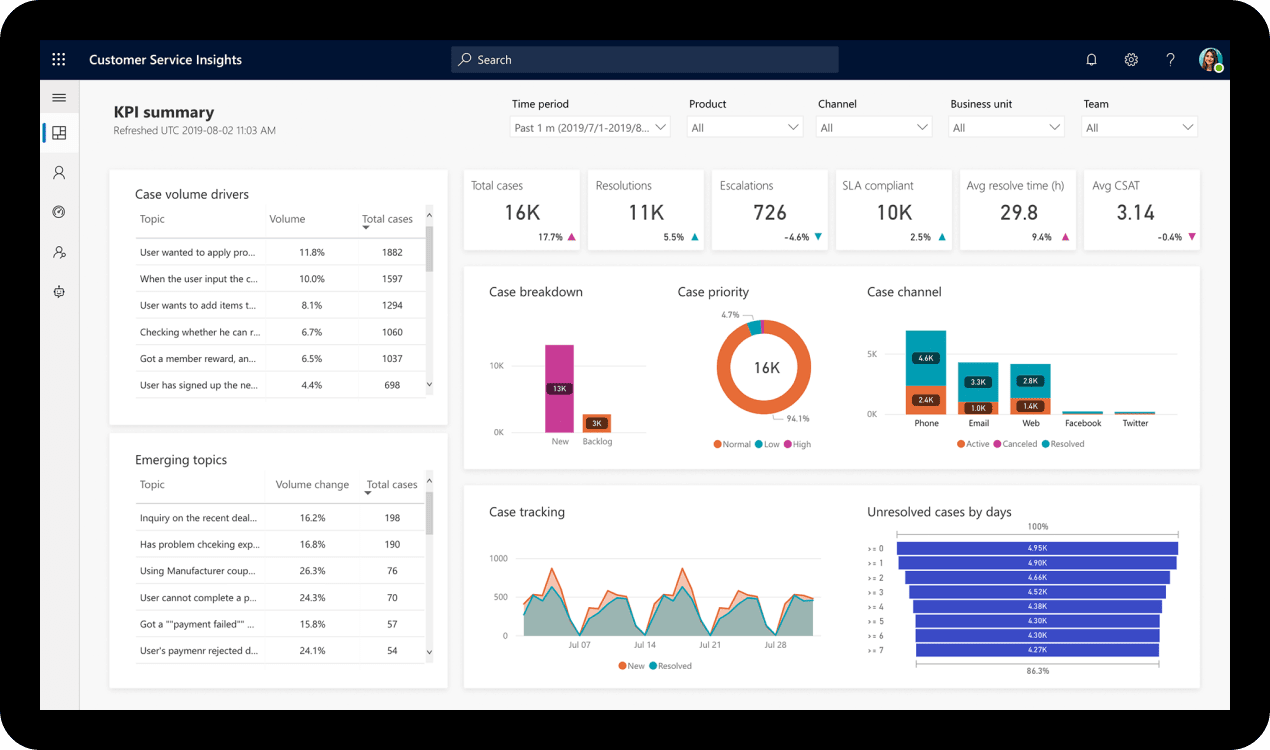This article explores the role of Customer Relationship Management (CRM) in maximizing revenue generation in today’s competitive business environment.
CRM systems help businesses optimize sales funnels, drive growth, and build lasting customer relationships.
The article delves into CRM strategies at various stages of the sales funnel, including lead generation optimization, lead nurturing, personalization impact on sales conversion, automation, data-driven decision-making, and tracking revenue generation and ROI.
Understanding CRM’s impact is crucial for businesses to stay ahead in the market and optimize sales processes, nurture leads, personalize customer experiences, and make data-driven decisions for revenue growth.
Understanding the Role of CRM in Revenue Generation
Systems for managing customer relationships, or CRM, are essential to a company’s ability to generate income.
CRM enables businesses to better understand their consumers, spot opportunities, and maximize sales and marketing efforts by centralizing customer data, interactions, and insights.
Businesses can improve customer experiences, increase lead conversion rates, and ultimately spur revenue development with a comprehensive perspective of client interactions.
Optimizing Lead Generation and Qualification by Using CRM
CRM systems offer effective lead-generating and qualification tools. Businesses may efficiently manage and track leads throughout the sales process by gathering and organizing prospect data.
CRM makes it possible to automate lead qualification and scoring, giving sales teams the ability to give priority to high-quality prospects and allocate resources effectively.
Middle of the Funnel CRM Strategies
A crucial point in the sales funnel is where leads move from casual interest to serious consideration. Here, efficient lead nurturing becomes essential, and CRM is essential to putting successful plans into action.
Businesses may engage leads and get them closer to conversion by utilizing CRM capabilities to create targeted and tailored experiences.
CRM systems enable firms to divide leads into groups according to a variety of factors, including behavior, engagement level, and demographics.
Because of this segmentation, customized content and messages can be developed that speak to the unique requirements and preferences of each lead.
Businesses may nurture leads with pertinent information and establish credibility with targeted offers, individualized email campaigns, and pertinent content.
Personalization and customization
Customization and personalization are important factors in a successful sales conversion.
CRM solutions serve as the cornerstone for giving prospects and customers individualized experiences.
Businesses can comprehend customer preferences, buy histories, and behavior trends by utilizing the data kept in CRM.
This data enables individualized and targeted communications, product suggestions, and offers that speak to each customer.
Businesses may considerably improve sales conversion rates and spur revenue development by customizing the sales journey to fit the unique demands and interests of clients.
Automation of Sales Processes Using CRM
CRM automation makes a variety of sales processes easier to understand and manage, which helps firms run more smoothly and productively.
Businesses may automate repetitive operations like data input, follow-up emails, and appointment scheduling with CRM automation.
This gives sales teams more time to concentrate on forming connections and closing deals. Additionally, workflow automation made possible by CRM automation guarantees that sales processes proceed in a uniform and effective manner.
Businesses may decrease errors, increase efficiency, and hasten the generation of money by optimizing their sales processes.
 Making Data-Driven Decisions
Making Data-Driven Decisions
CRM’s capacity to offer worthwhile insights through data analysis is one of its most important benefits.
Large amounts of client data are collected and analyzed by CRM systems, which enables firms to see patterns, preferences, and commercial prospects.
Businesses can use CRM insights to improve target audience segmentation, uncover cross-selling or upselling opportunities, and enhance sales and marketing tactics.
Businesses may better match their efforts to client needs, increase customer happiness, and eventually spur revenue development by utilizing CRM data.
Monitoring Revenue Generation and ROI with CRM
CRM systems offer strong reporting and analytics capabilities, enabling firms to monitor and quantify revenue production and return on investment (ROI).
CRM enables companies to track key performance indicators (KPIs) like lead conversion rates, sales pipeline velocity, and customer lifetime value.
Businesses may evaluate the success of their sales and marketing initiatives, pinpoint areas for improvement, and make well-informed decisions to maximize revenue creation by monitoring these indicators.
CRM also makes it easier to connect revenue to particular marketing initiatives, sales operations, or customer contacts.
Businesses can improve their strategy, spend resources wisely, and promote consistent revenue development thanks to this data-driven method of gauging performance.
Conclusion
In order to maximize revenue production along the sales funnel, CRM is crucial.
Businesses may improve lead generation and qualification, nurture leads successfully, personalize customer experiences, automate sales processes, make data-driven choices, and monitor revenue creation and ROI by utilizing CRM tactics.
Businesses may improve client connections, increase sales conversions, and eventually achieve sustainable revenue development with a robust CRM system in place.
For businesses to succeed in today’s competitive environment and provide outstanding customer experiences, CRM must be embraced as a basic element of company plans.



